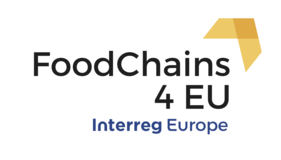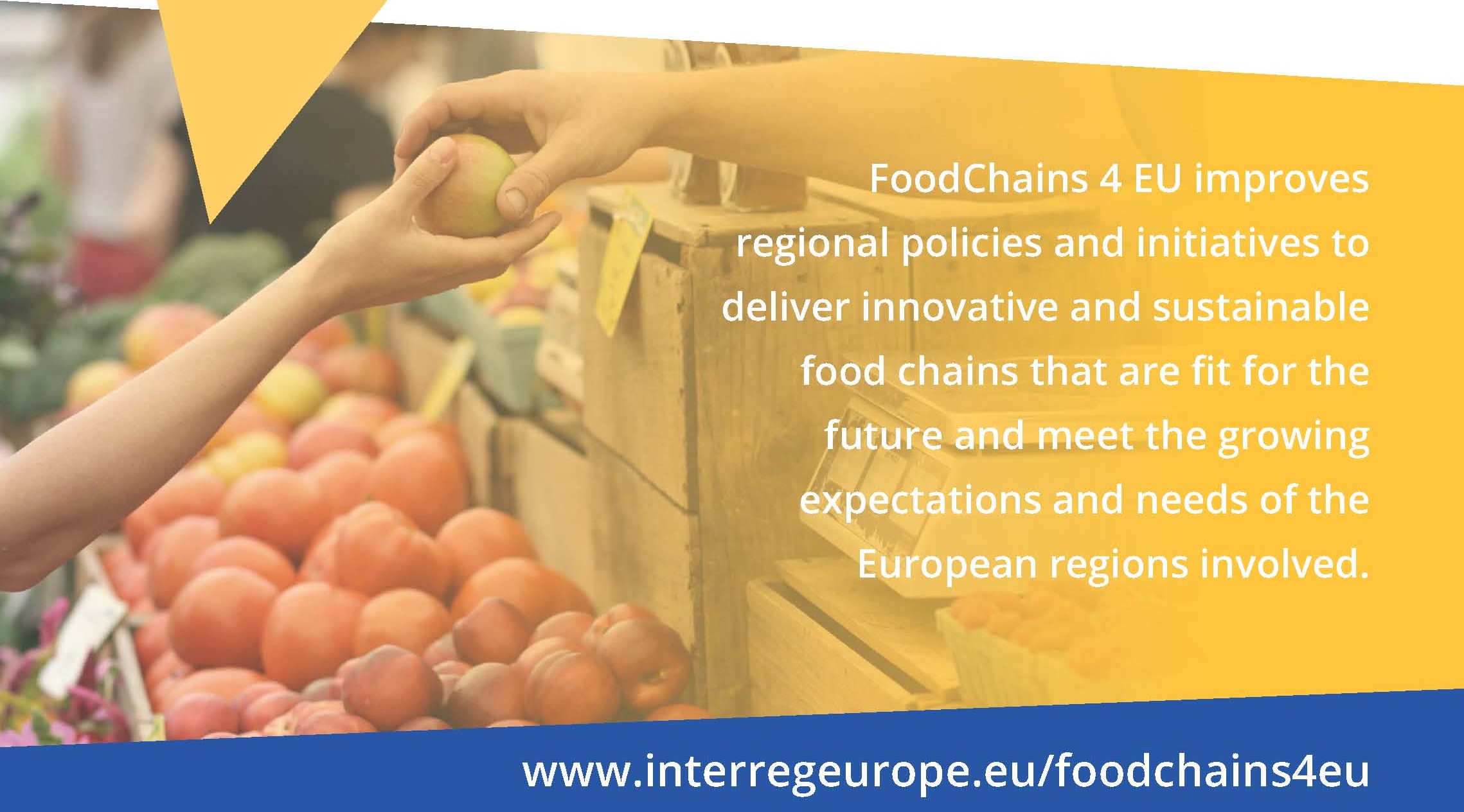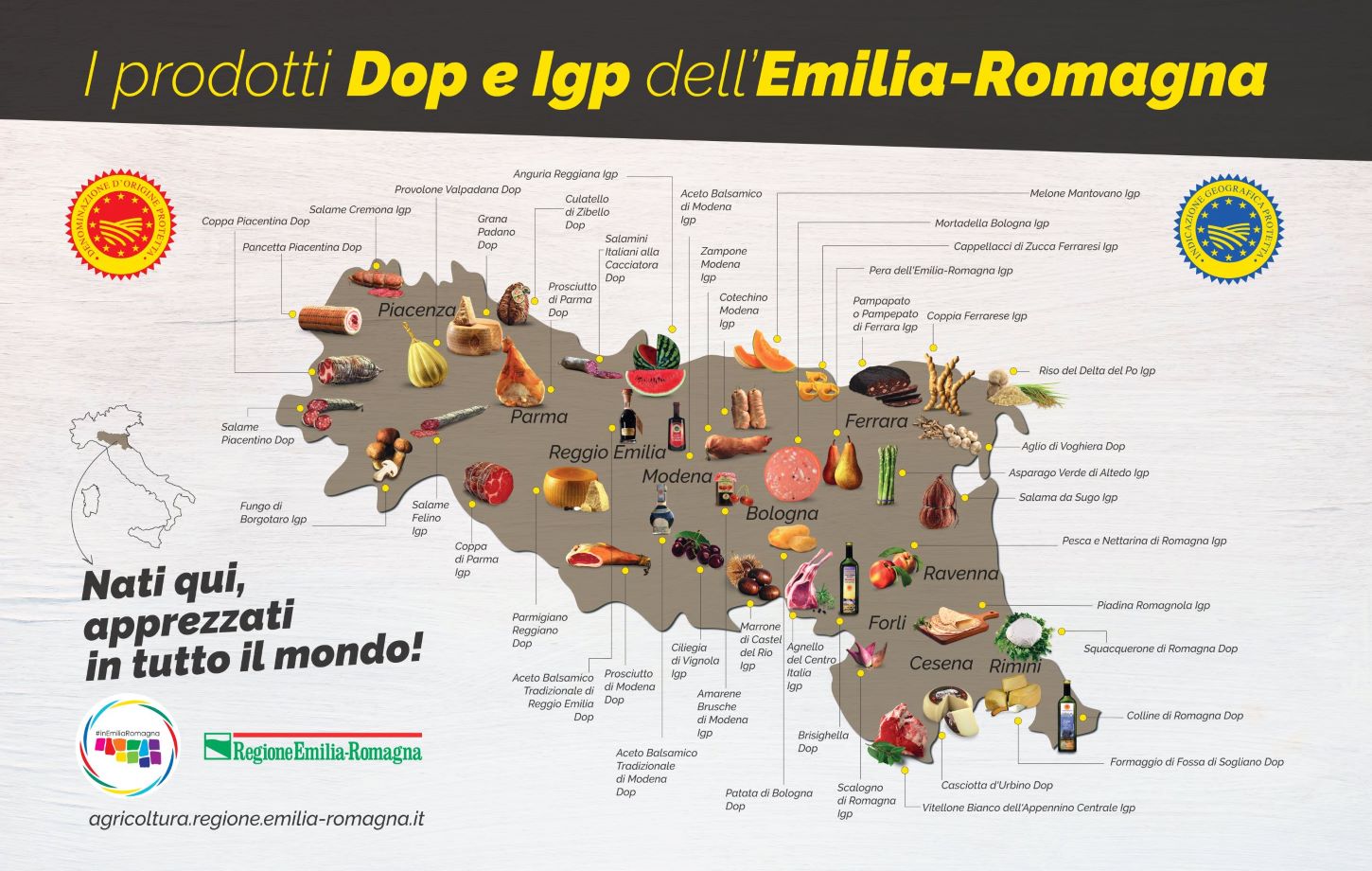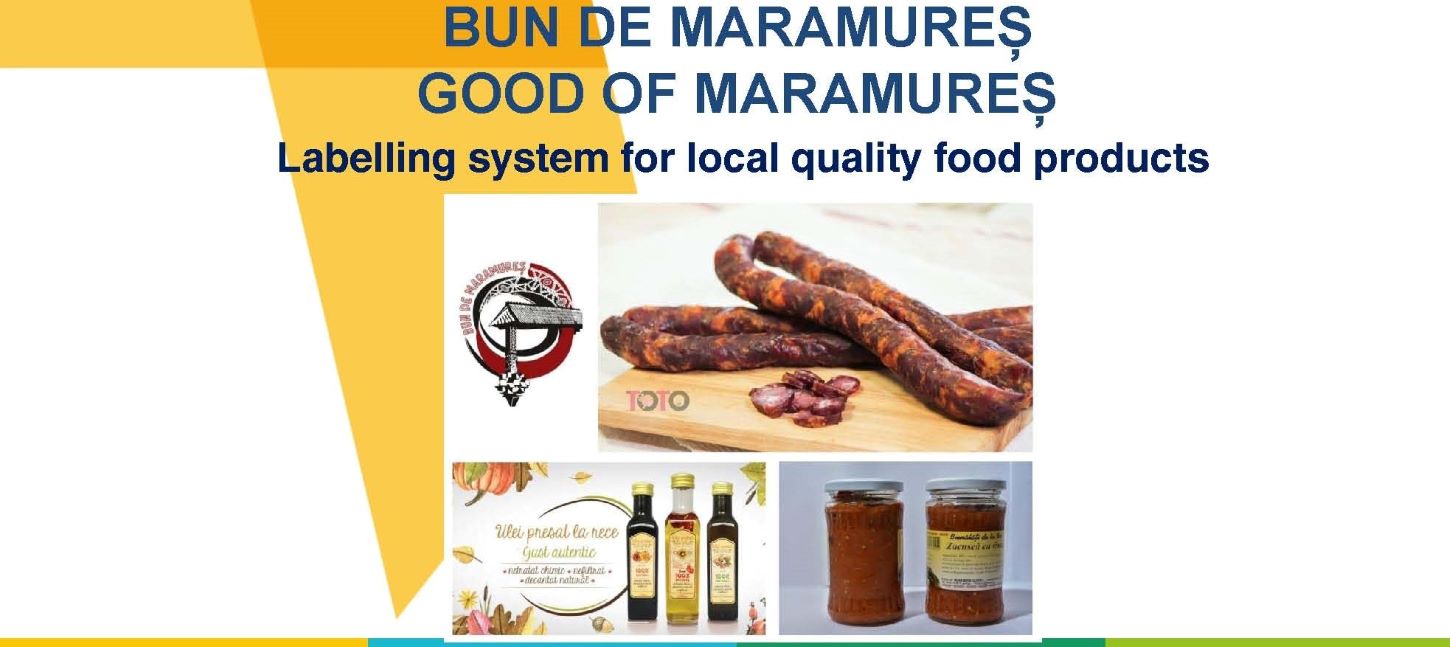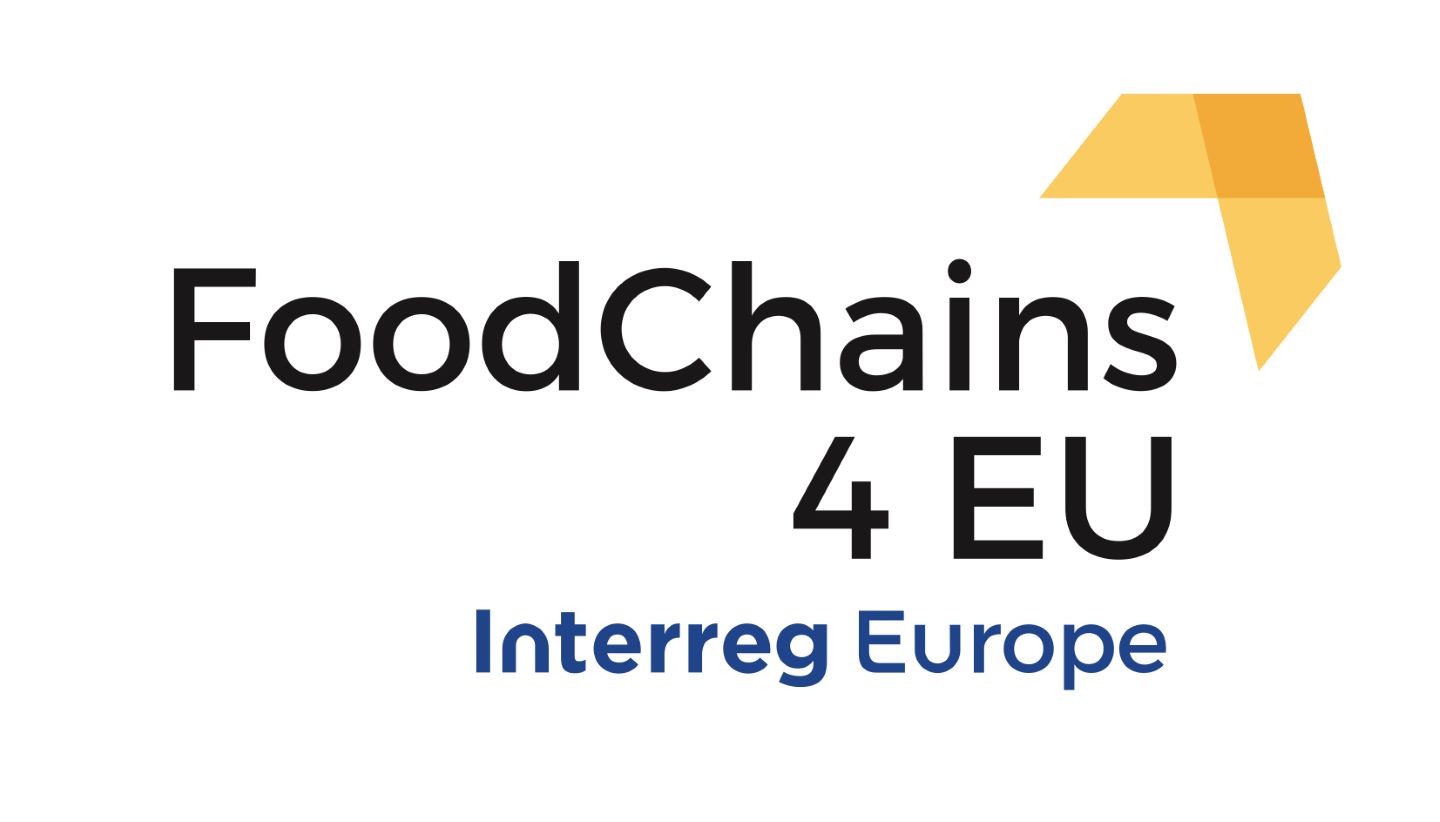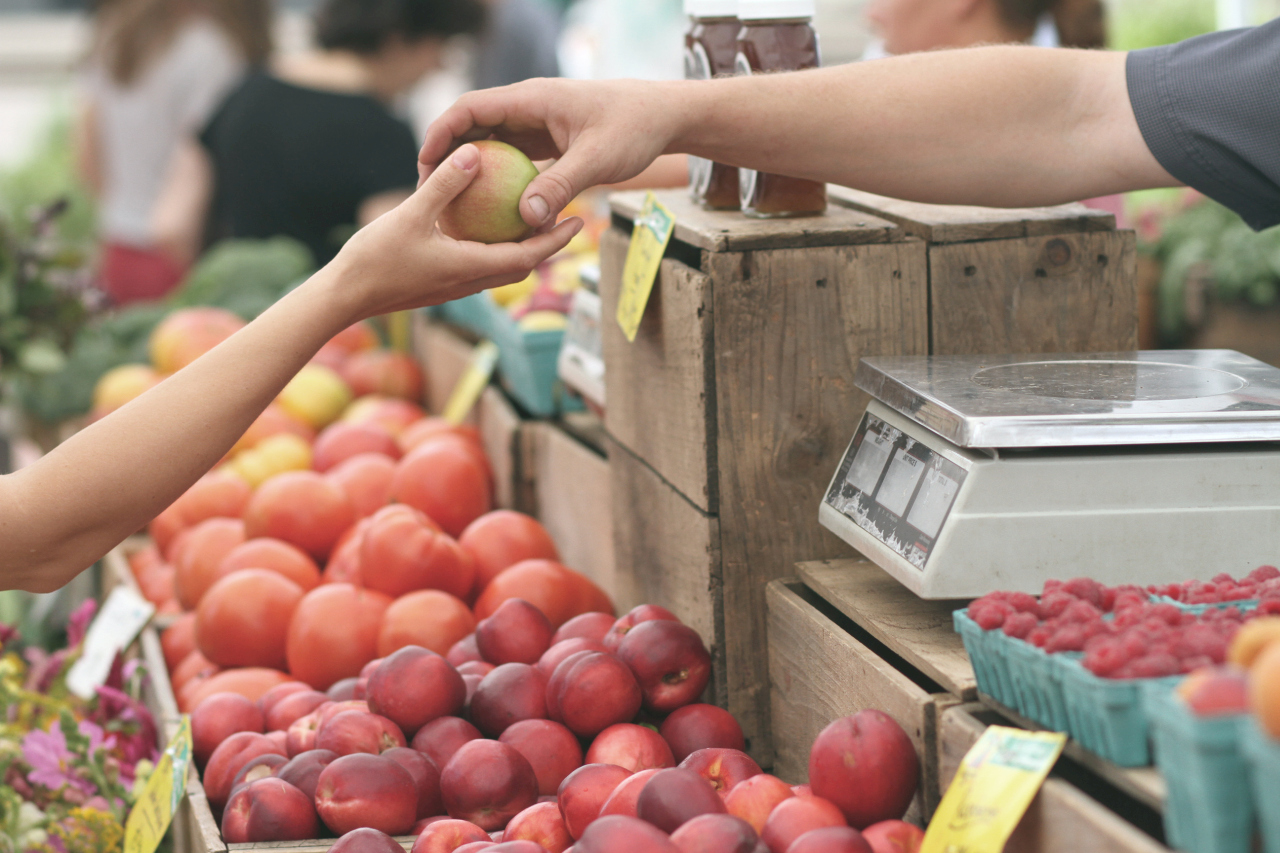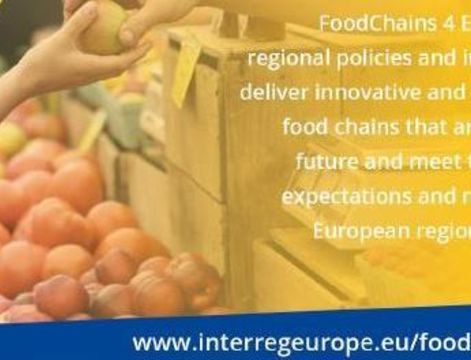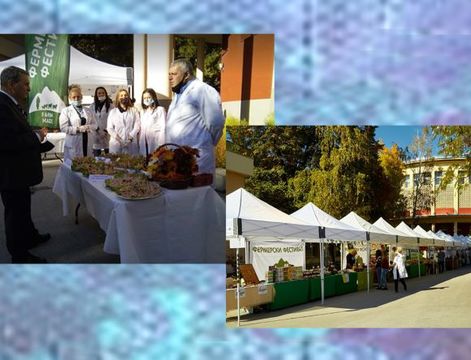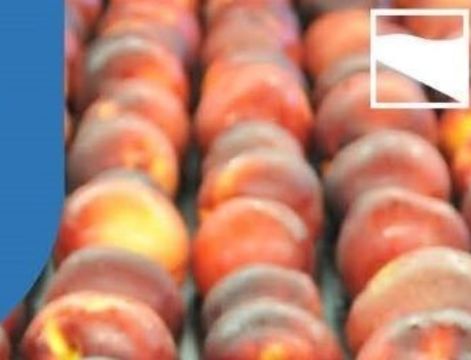Food poverty has become a nationally high-profile topic with record numbers of people across the UK using food banks- charity organizations that distribute food to those who have difficulty purchasing enough food to avoid hunger. For example, the leading Food Bank charity provided nearly 1.2M emergency food parcels in 2016 -2017.
The situation in Greater Manchester is no different, as a recent report indicated that over 20% of the small communities in the region are in the top 10% most deprived in England.
This is why, businesses, local authorities and charitable organisations across the region are using innovation to improve access to food for those living in food poverty, often by making links between food waste, edible food surplus and hunger. A number of organisations recognise that there is an immediate need for emergency food provision, which can (partially) be met through redistributing surplus.
A structure that is committed to this issue is Greater Manchester Poverty Action Group, consisting of a network of organisations and individuals fighting against poverty. The organisation has mapped 155 emergency and non-emergency food providers (food banks, food clubs, food pantries and pay-as-you-feel cafes) across the region to date, and they now perceive a real need for a Greater Manchester food poverty strategy.
To this respect, peer reviewers are expected to bring innovative suggestions for organisations in this area so that they become financially sustainable, and make recommendations that can really contribute to the forthcoming Greater Manchester Food Poverty Strategy and influence regional policy on food poverty.
